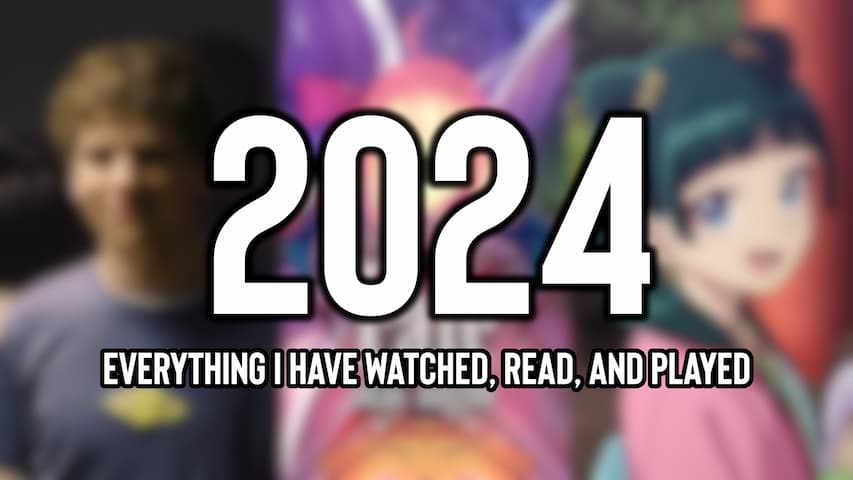What's the point of Squid Game Season 2?

Ach ja, the second season of Squid Game was just released at the end of last year and after some hesitancy, I eventually gave in and watched it. I was a big fan of the first season and while I considered Squid Game to be functionally finished, cliffhanger or not, I figured I would still be in for a good time, because even if there would be no new ground treat, at the end of the day, it was also just pretty solid drama and an all-around good TV-series. Still, with that being said, as much as I eventually enjoyed it, one has to wonder what’s the point?
For me, seasons are actually a bit of a weird concept, as they are mostly a byproduct of how television is produced and not inherently linked to the storytelling. Then again, everything has to function inside the framework provided, meaning you can’t just space out your narrative as you want. Doubly so, if one does not know, whether another season is viable or not, which makes long-form storytelling an especially ugly beast, with unfinished stories being a tale as old as time. Change in staff, outside interference, etc. can also lead to seasons turning out wildly different from another.
What I actually want to get at is that seemingly a lot of people perceive seasons in this weird quantum state, where everything is still obviously connected, yet the seasons can also be looked at individually, which brings up some interesting questions, like how much you can isolate certain storylines in terms of quality compared to the overall one, or even fundamentally questioning the continued existence of a series. After all, “going on for too long” seems to not be an uncommon criticism of certain media, followed by “why does it exist?”. Again, both of these points are more a product of a series' production, rather than storytelling ambitions.
Obviously, with Squid Game, the big irony is that art criticizing capitalism is still part of capitalism and as such is in no way exempt from being consumed by it. Squid Game, season one that is, was, essentially, done. It was written as one season and series director Hwang Dong-hyuk shared that he initially hadn’t any interest in producing a second season. Additionally, he sold the rights to the IP and apparently even lost a couple of teeth from all the stress of producing the show. So I have no doubts he would want to be done with something that was clearly a passion project for him.
On the other hand, Netflix approximately made 4.56 quintizillion dollars of it, making Squid Game one of its most lucrative franchises and there is not just one, but two separate shows built on the very premise of the titular death game, aiming to make the Squid Games real. Well, as long as the Torment Nexus makes money, I guess. The point being: I have no doubts that the second season of Squid Game is the direct product of Netflix executives rolling up to Hwang with several suitcases full of that sweet sweet green.
Now, normally, this isn’t something that I would concern myself that much. Production circumstances are what they are and I feel like these are often retroactively used as justification for however something turns out, simply because hindsight makes it possible. It is not like they directly influence your viewing experience, the end product stays the same after all. However, Squid Game seems to be different for me and not just because I do think “money motivating the continued existence of the Squid Games” is poetry with a certain meta-textual beauty to it. There are a bunch of narrative challenges a second season of Squid Game has to confront, all of them connected to the very question proposed in the title. So, with yet again another 600 words of preamble out of the way, let’s talk about Squid Game Season 2. Spoilers ahead.
As already mentioned, I consider the first season of Squid Game to be essentially complete, not because I think it resolves literally every single plot threat brought up, but because it made its point in the context of its narrative. Thematically, it served its purpose in portraying the Squid Games as a microcosm of capitalist structures preying on the less fortunate, not just for the gain of the filthy rich, but as an ideological view through which to explain and understand human nature. Said view was then deconstructed throughout the episodes, ending on a primarily moral victory, rather than the actual victory of the death game. Short, concise and for what it is, done.
How would you then approach another season? After all, the framework is already laid out and commented on. Obviously, simply doing another Squid Games with a new cast of characters and everything wouldn’t really cut it. While I have no doubt it would be interesting in its own rights, it would also feel hollow, if it were to simply repeat itself. Instead, it would have to add on, expand or recontextualize the first season. Luckily, there is not just one, but two loose ends to pick up again.
Season one ends on what amounts to two cliffhangers: The first one concerns the Front Man, the overseer of the games. A major subplot of the first season is about a policeman infiltrating the Squid Games to search for clues about his missing brother. To his surprise, it is revealed that his brother not only won the game in a previous year, but he also acts as the very Front Man of the current games. The second one is about Seong Gi-hun himself. After realizing he is still under surveillance and the Squid Games continuing, he decides to not board the plane to visit his family and instead seeks revenge on the game’s organizers.
The obvious conclusion is that these two characters, who have never met each other in person, will have to confront another. But let’s not get ahead of ourselves. The second season dedicates two of its seven episodes to get to that part and in doing so shines a new light on a good amount of previous plot points.
Seong Gi-hun himself goes through a bit of a transformation. While he started off as a bumbling idiot in season one, season two depicts him as a tragic survivor figure, using his new-found agency to seek revenge, which I thought to be kind of strange. Not that this progression is completely out of left field, I would argue this appeals very much to our base emotion to right a wrong, but because Gi-hun is not your typical hero figure capable of this. He is not really powerful and at times almost pathetic and unaware of the situation he finds himself in, which makes him a really good fit for season one. Though, for season two, his transformation feels somewhere between fake and performative. I have no doubts his motivations are genuine, but he is simply not him, not a hero. Being the de-facto commander of a criminal organization and collecting enough weapons to lead guerrilla warfare just seemed odd. A suspicion that eventually gets deemed correct by the series itself.
Another change of character comes in the form of the Recruiter. In season one, the Recruiter was a bit of an enigmatic figure and I very much liked that he was less a character in his own right, than an idea given form. He went out to look for people who would participate in the Squid Games, but did so with a certain professional indifference. In short, just another cog in the machine, just that his… let’s say enthusiasm, makes him a really well oiled one and crucial to the machine operating as it does. Season two decides to properly characterize him. Superficially, not a lot changes in the role he plays, but now we get a reason for why he does. In short, it is a very egoistical position he finds himself in. Being a former worker in the Squid Games, being tasked with burning the deceased players, he is more in line with the whole ethos of the Squid Games themselves. More on that later, but there is a throughline in the series, that the Squid Games are a neutral force, just a fact of life, and upholding them is simply a consequence of how you view life, or rather how life should be led.
This gets primarily exemplified in the scene where he gives homeless people the choice between bread and a lottery ticket and then proceeds to shame everyone who took the lottery ticket, while stomping on the left-over bread. The other showcase is the game of russian roulette he forces the two gangsters to play and later plays himself against Gi-hun. For him, every situation is just a game. It is either winning or losing, but never the question why the game has to be played in the first place. While this would otherwise makes him a fascinating character in my book, I feel like this is a step back in the context of Squid Game. Again, despite serving the exact same role, his portrayal makes him seem almost like an “evil” character. The performative and indifferent cruelty gets replaced by a personal and human one.
The reason why I say this, is because I don’t consider any character in Squid Game to be conventionally evil, at least not in relation to the Squid Games themselves. At the end of the day, the Squid Games are not a farce. Promises are fulfilled, words stood by and orders executed. It is a game and everyone simply plays their part, from the participant, to the game master. No one is inherently evil, the system and the people upholding it are, which is why I consider seeing someone go out of his way to display animosity against people having been dealt a bad hand to be dissonant to the rest of the narrative.
This gets even more obvious, when Gi-hun and the Front Man eventually confront another and their intentions get spelled out directly: Gi-hun wants to stop the Squid Games, while the Front Man wants them to continue. Simple as that. The series basically acknowledges how silly this specific interaction truly is, because it essentially already happened between Gi-hun and the previous host, so much so that Gi-hun just explodes in his face and gives a short summary of the themes of season one (Squid Game is as subtle as a brick to the face): The Squid Games present themselves as a neutral force, a sort of equalizer, which simply exists, and the participants take part in the games on their own volition. In truth, they prey on poor people who have nothing else than their life to give, there is no redistribution, only the removal of said people from the equation and, indeed, someone had helped the homeless man in the end.
It is very much an ideological conflict in whether one sees a flaw or hypocrisy in the Squid Games and, by extension, capitalism as a whole. For the Front Man, this is how the world simply is and explicitly how the world should be. Most people losing is a matter of fact, not a flaw, and the way he refers to the participants as “Trash” tells you a lot about what he thinks about them as members of society. In his point of view, Gi-hun proved himself to be better, won and received a second chance. From this angle, the Squid Games are just and become a matter of framing. There isn’t much difference between being poor, indebted or dead, so are you willing to accept the consequences of such a system or call them inhumane?
This is where the two of them stand, one in support of the current system as he sees it fit of how society should be, and the other is against it, as he was directly confronted by the worst aspects of it. One might think this is simply due to a difference in standing in society. One bets on horses, the other one owns them, so both have an interest in it going their way. But this is not the case. As mentioned, the Front Man was a former participant himself and thus stands in the same shoes as Gi-hun does. It really just seems to be a matter of opinions and both of them will go to extremes to prove them. Gi-hun by entering the games again and the Front Man by… also entering them again.
Initially, I wondered what this meant. Sure, Gi-hun had his mercenary group following him, but this plan eventually went up in smoke. Similarly, what’s the Front Man’s plan, especially when he keeps his identity a secret in front of Gi-hun? Winning the games again to make a point? I eventually figured that it is less about proving themselves right and more so over proving each other wrong. This gives rise to a follow-up question: Who would be the arbiter? Introducing the, from a narrative standpoint, most ingenious change to the new Squid Game: Voting.
In season one, after playing the first game, the participants held a vote to quit the game, with the final vote being cast by the former host of the Squid Games, resulting in everyone being able to go home. Everyone then later returned, because with no futures on their own, the games might be their best bet to escape their predicaments. In season two, the rules were slightly changed, so a vote is held after each game, but instead of just quitting the game altogether, the players also get to equally split the accumulated money, with each eliminated player being worth 100 Million Won (66.480 Euro). This changes the premise from an all-or-nothing death game to a… calculated risk game? But more importantly, it gives Gi-hun a means to end the game, just under very different circumstances as last time.
It is one thing to not only risk your own life, but also live with the blood of 455 other people on your hands. But surviving some of the games and not bearing the guilt all on your own? As mean as it sounds, this is way more reasonable, feasible and justifiable for most players. Add the fact that the votes are public, as well as the resulting group dynamics from the games themselves, convincing half of the other players to simply stop gets a lot more complicated. You are not playing a death game, only to come out of it with not even enough money to pay off your debts. Actually, this specific point eventually spiralled into what I call the “One more game” fallacy. Beyond the fact that increasing the price pool means some players would have to die, it also turns into a weird Darwinian survival strategy, where the people surviving are more likely to play yet again one more game. This one single change in rules turned a simple “Trust me guys, it ain’t worth it” into a phenomenal mess, because quitting is arguably not in the best interest of some characters… sans the whole if you die in the game you… you die.
Another change, or a necessity really, is a new cast of players. Like last time, the group is pretty diverse and all over the place on my totally arbitrary spectrum: From good people being wronged to bad people being wronged, self-inflicted or just down on their luck. My personal favorites are the rapper who most definitely did not understand the point of Avengers: Infinity War, Cho Hyun-ju, one of the best trans characters I have seen in a non-queer series and Im Jeong-dae, someone I would very much like to gladly describe as a “Temporarily Embarrassed Millionaire”. Like, imagine making a point about having the largest debt of anyone in the game, but framing it as a positive character trait, because unlike a random gambler, only a good and successful businessman could even take up such a big loan… I would actually pay money so it is revealed he was a stock trader :D.
In another nice twist, season two introduced No-eul, a fugitive from North Korea searching for her lost daughter. She is part of the interspersed montage of new characters we see before the games begin. And once everyone starts calling the number, so does she, except instead of being picked up by an ominous black van, she enters a container with other people, opens a door with an 11 on it and puts on the all-too-familiar pink overall and mask. Season one was very vague about the workers in the Squid Games. We know there is a kind of hierarchy based on the symbols on the mask and there was a small subplot about harvesting the organs of the deceased players, but beyond this, there isn’t anything concrete. As revealed in one episode, while at gunpoint, one worker was ordered to remove his mask and all we saw is that he was just a random man. Like with the Recruiter, I like the idea of the workers being just another part of the machinery, because the comparison to capitalist structures just works. They don’t make the decisions, just follow them and with so many cases, some of the work will cause further suffering. But alas, they too need to get food on the table.
Now, No-eul’s role in the story is yet to be fully revealed. Her personal agenda seems to be delivering a painless death to the eliminated players, which naturally opposes her to the workers involved in the organ harvesting. She also seems to be connected to the new headmaster in the black overall, who currently seems to run the game. What I am more interested in, though, is the general role of the workers involved at the end of season two. Unlike season one, season two does not end conclusively. After ambushing some of the workers after the special game, the players acquired guns and began storming their way through the facility, where they are currently engaged in a shootout. This poses the question of how everything will resolve. And I am not just talking about the current Squid Games, but about Squid Game as a whole.
At the end of the day, what could even be the end goal of Squid Game? You can kill the Host and the VIPs or even destroy the facility. But then what? The games are still continuing in other countries and nothing is stopping anyone to build everything up again. The Squid Games are a product of their surroundings, a natural extension of what a system enables. Similarly, while Gi-hun gave his best, he wasn’t able to convince the majority of the players to stop playing the games, before everything turned into chaos and I doubt he will ever, given the Front Man revealed his true identity at the end and chastised him for playing the self-serving hero.
Now, I doubt Squid Game wants to end on the note that rebelling against power is a futile endeavour and doing so will only cost you your life. So, what is the alternative? It is hard to pinpoint, but Squid Game always had a theme of grouping together the weak to overcome the strong and the allusions to the idea of unionizing became more and more apparent. In short, we need a worker’s revolution! More specifically, a united front between the players and the workers of the Squid Game. How this will materialize in an actual revolution is up for interpretation, but I don’t think that it is too out of left field as to not be an idea that can be touched upon. And if not, then shame on me and my linksgrün-versifftes self. Either way, Squid Game Season 2 was able to set up to make a point.
Then again, maybe I approached this post from the wrong angle. After all, since when was I under the assumption, that there ever needs to be a point? The English language provided me with a bit of a double-entendre in the title, which allowed me to both talk about the second season of Squid Game, as well as question it. Shakespeare got nothin' on me, I tell ya. The third and final season of Squid Game is supposed to be released this year, so we don’t have to wait too long to see if this goes anywhere or not.
Squid Game is available on Netflix.
Related Posts
Comments
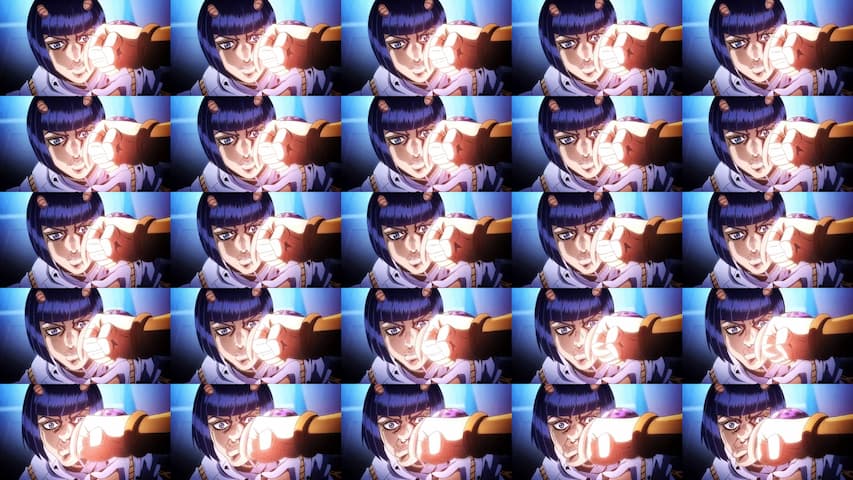
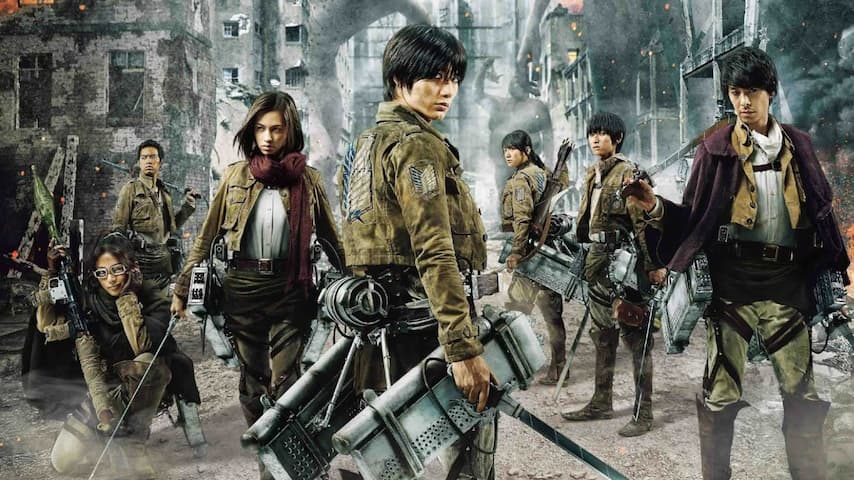


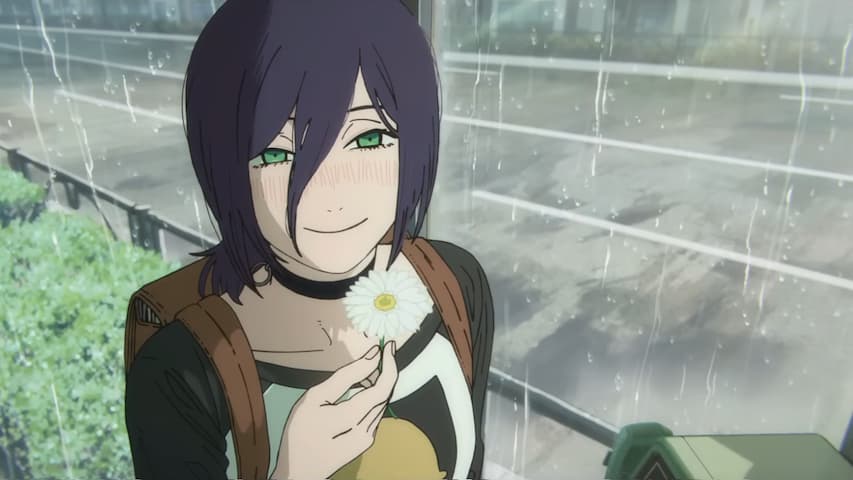
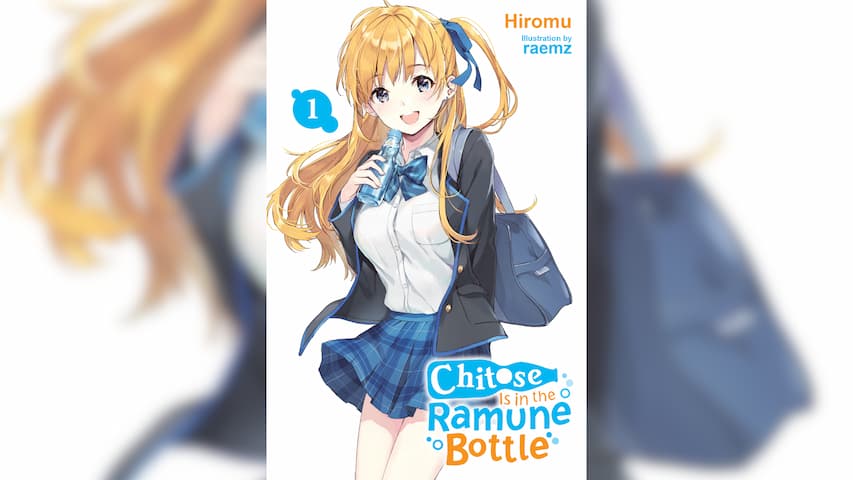
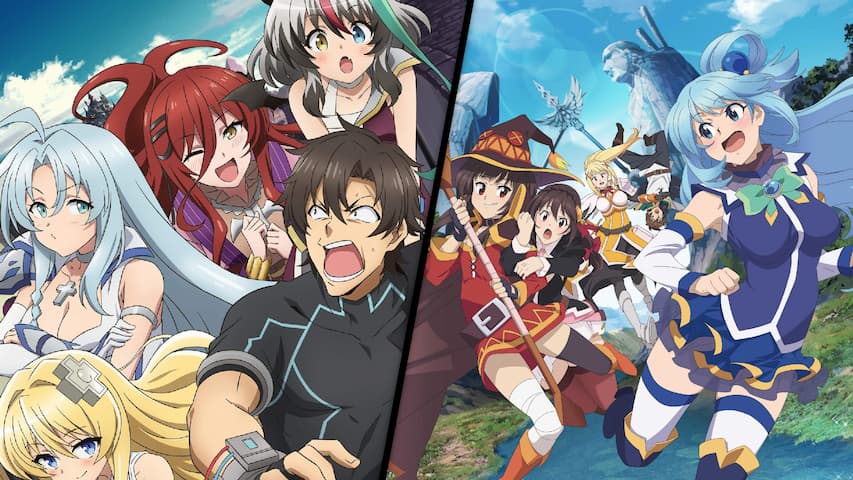
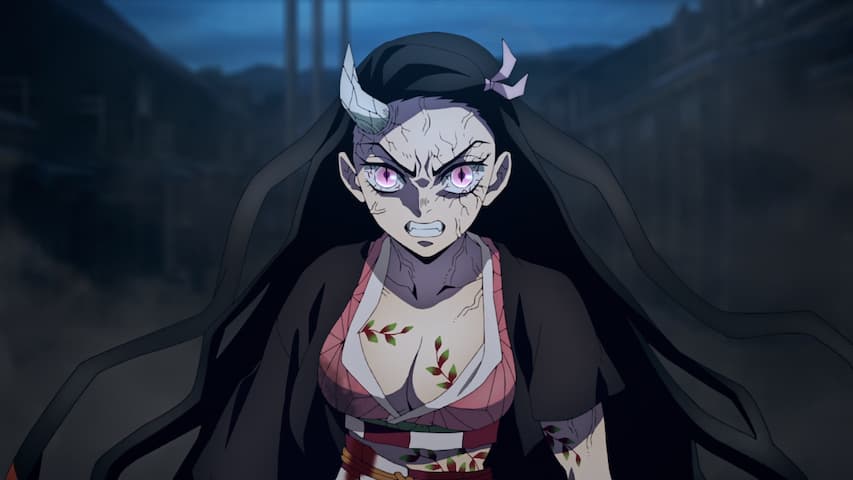
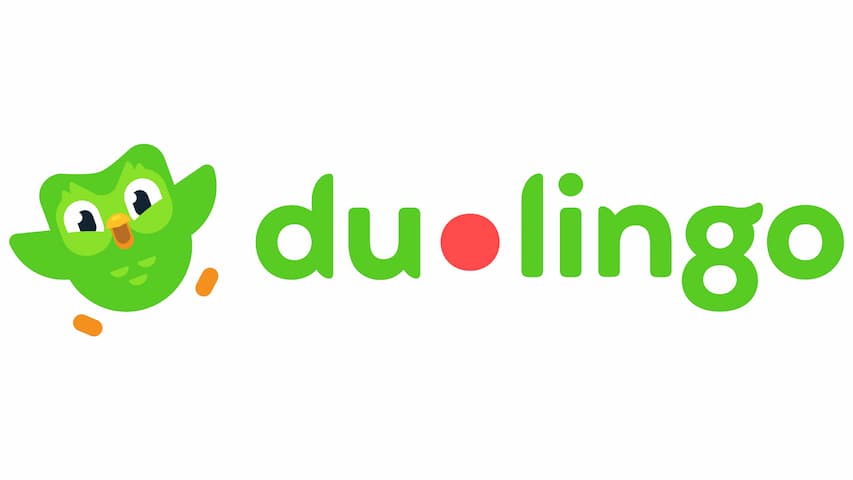
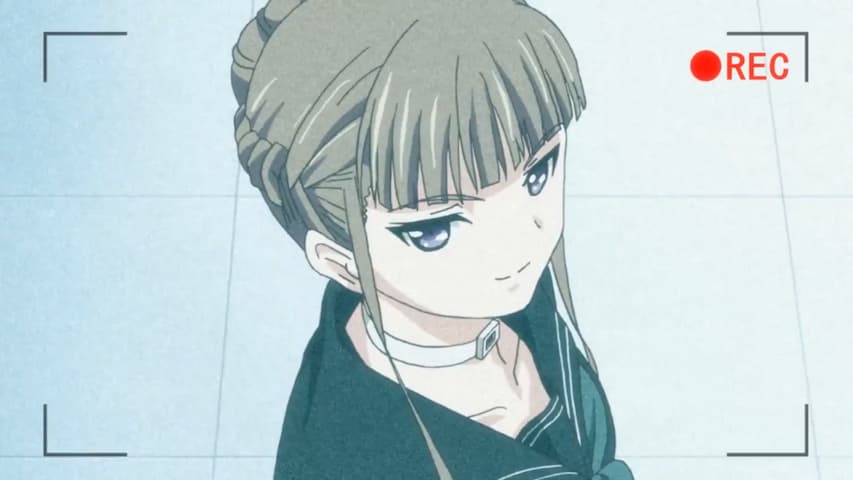
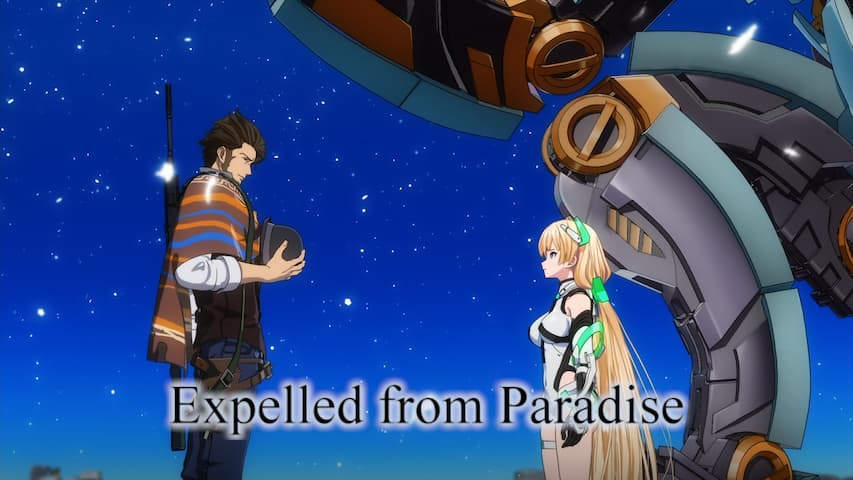
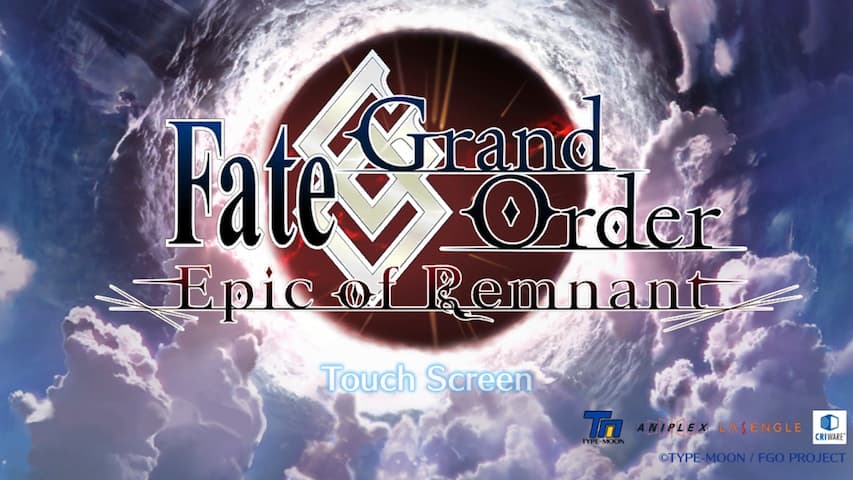

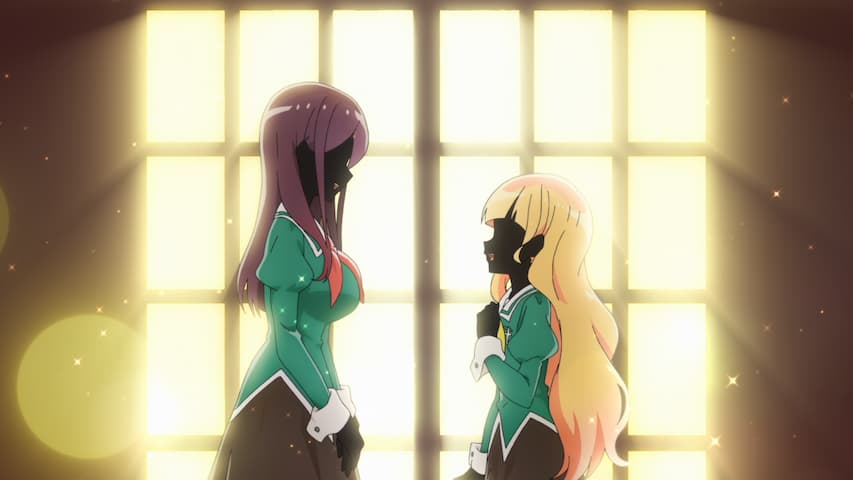
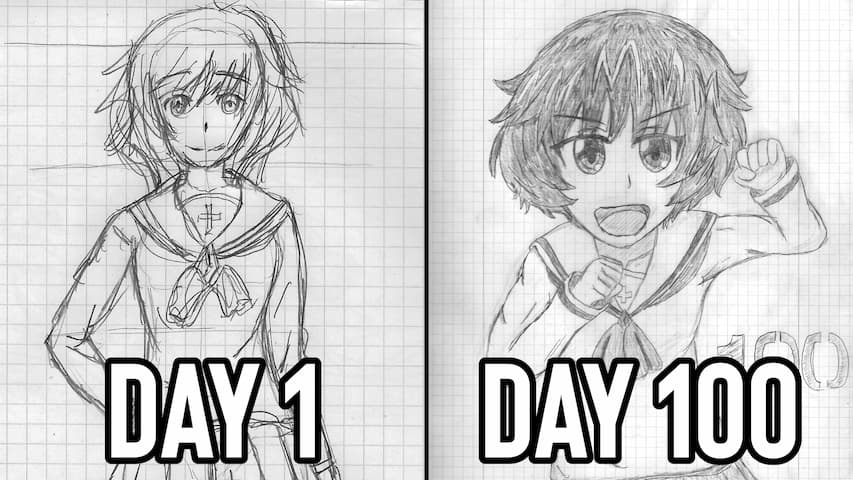
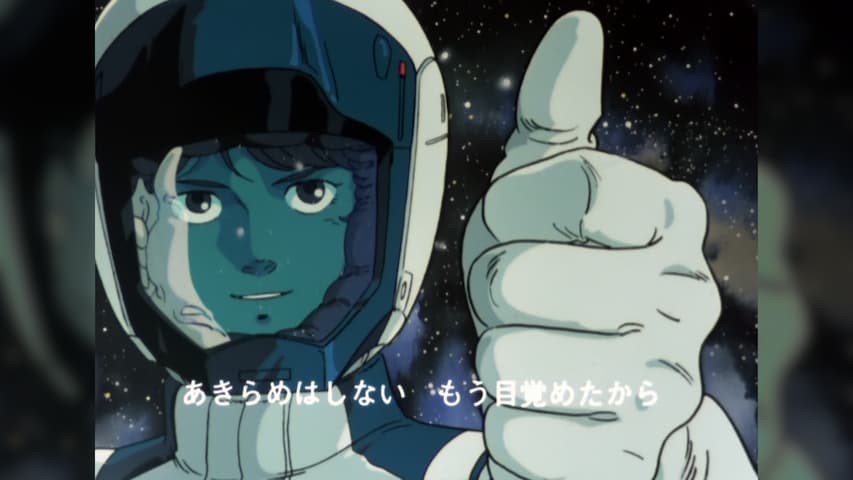

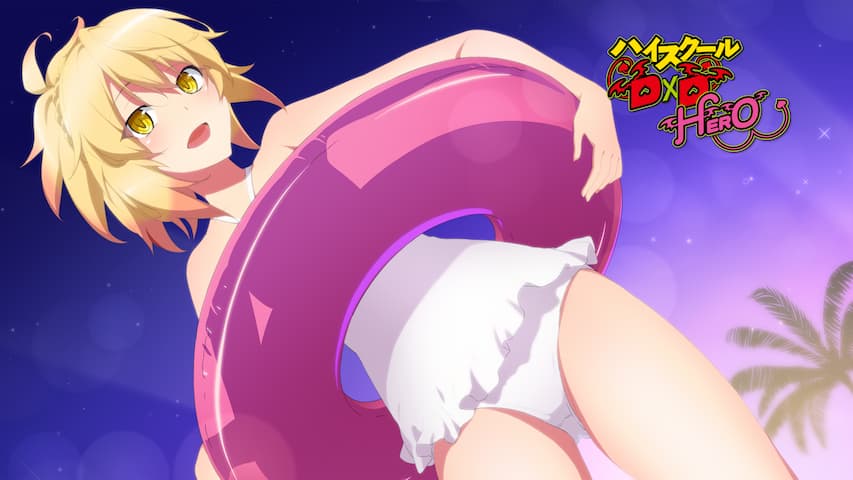

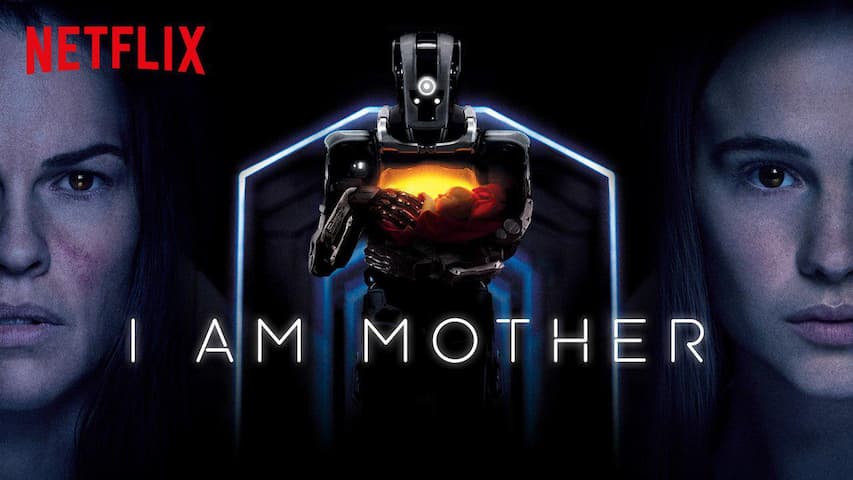
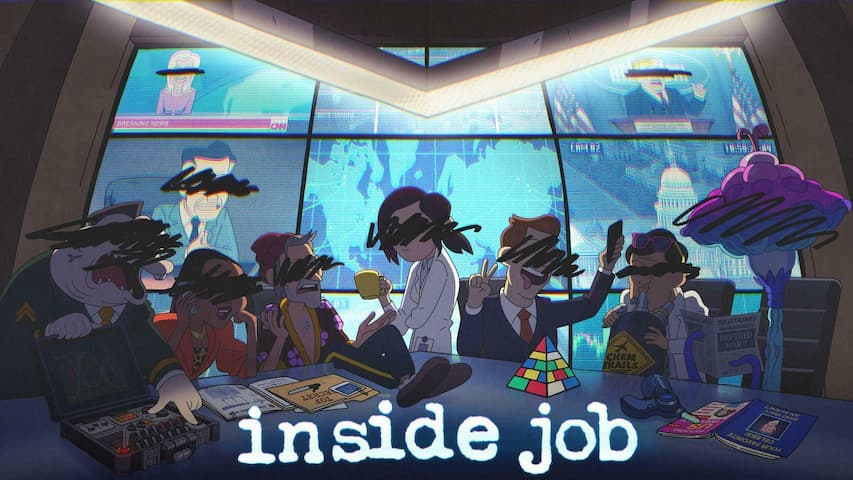
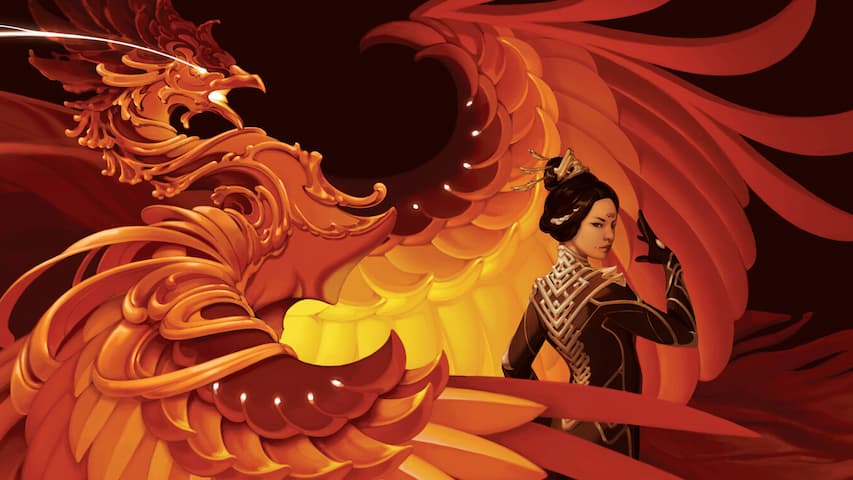
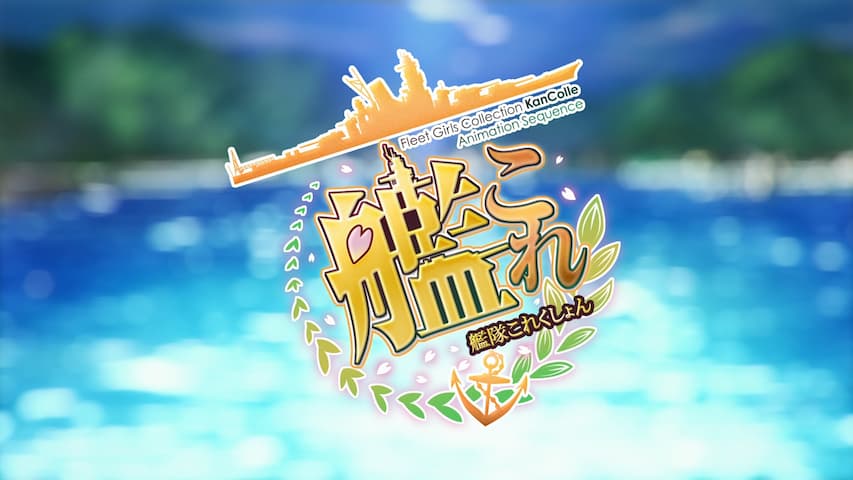
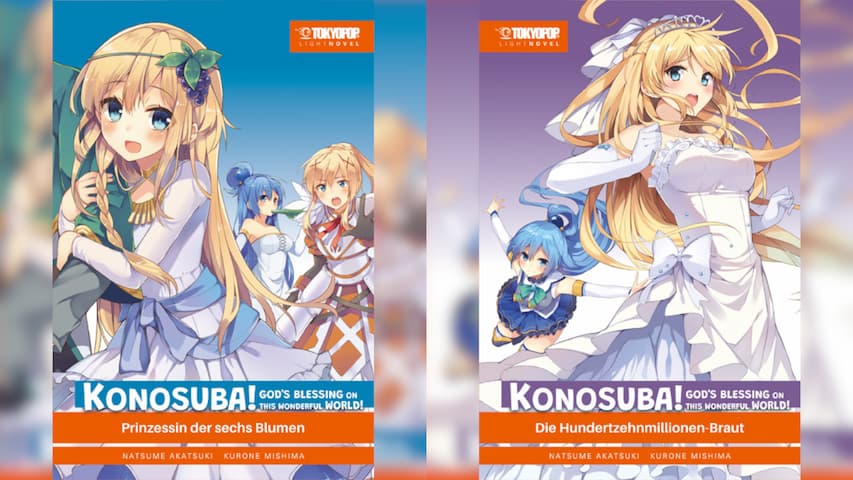
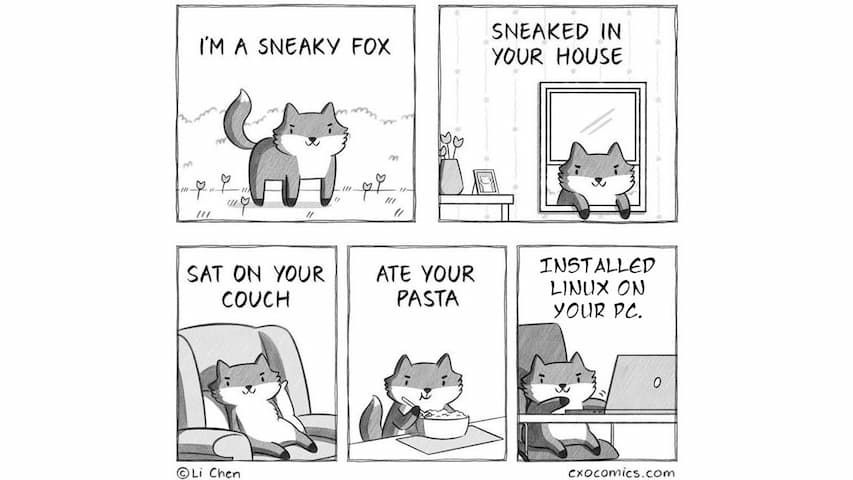

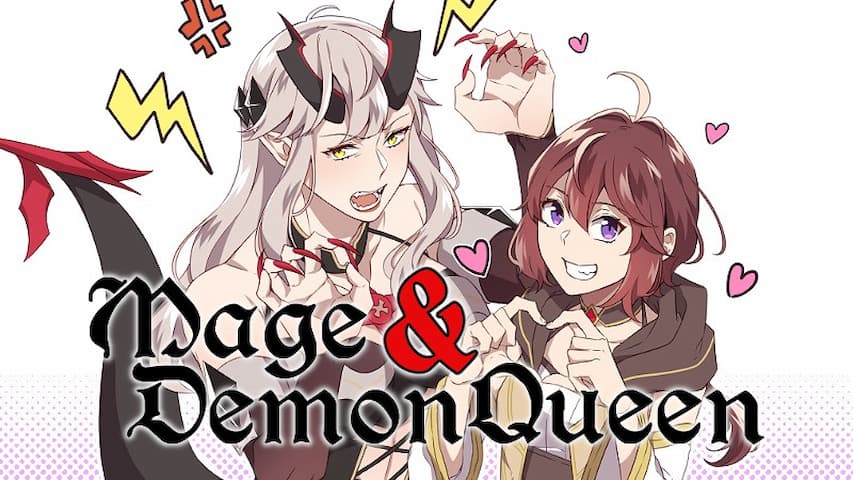
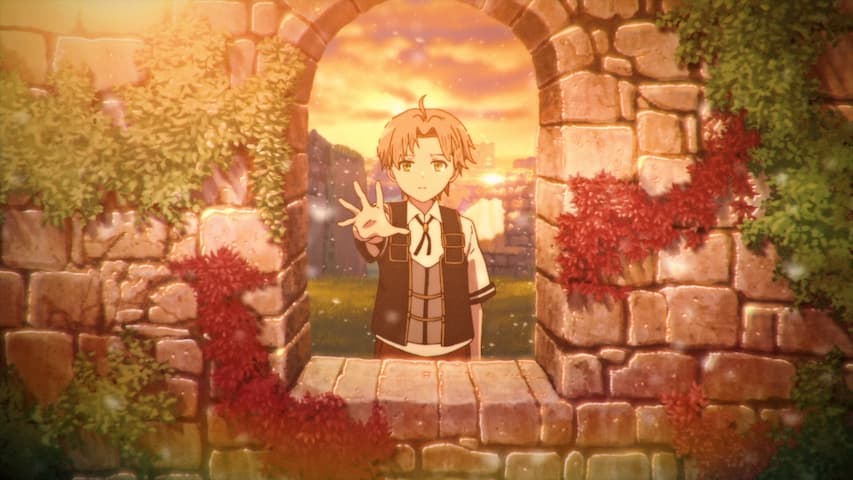

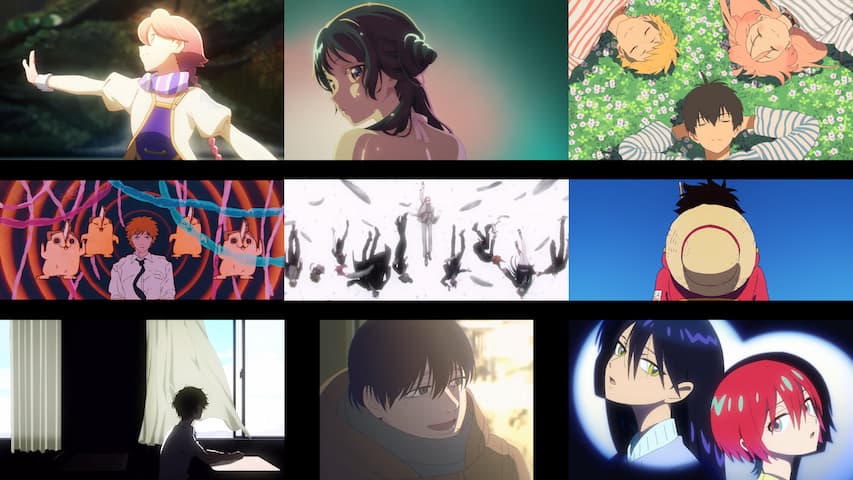
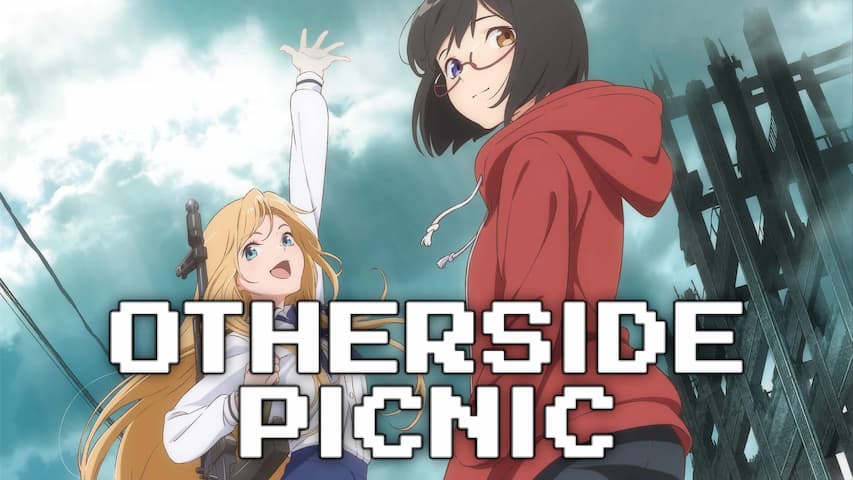
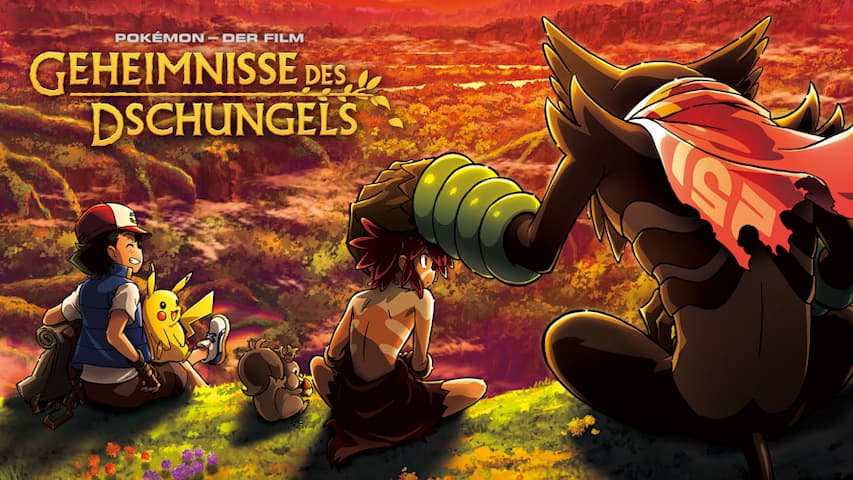
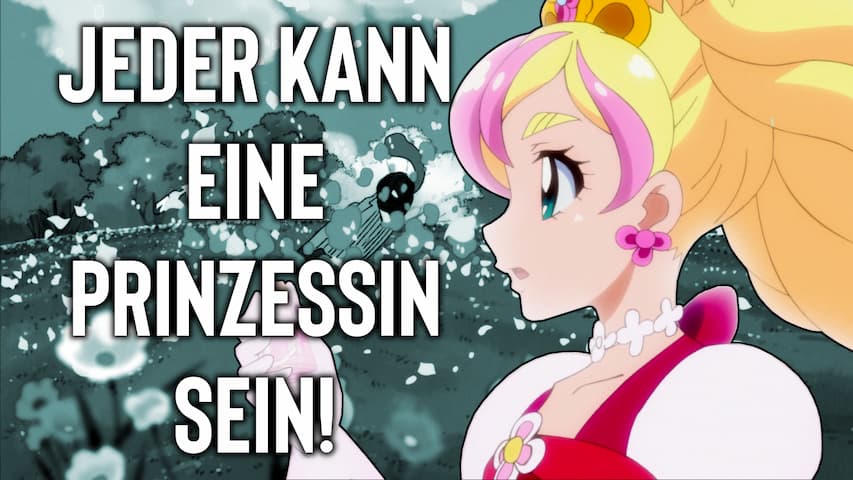

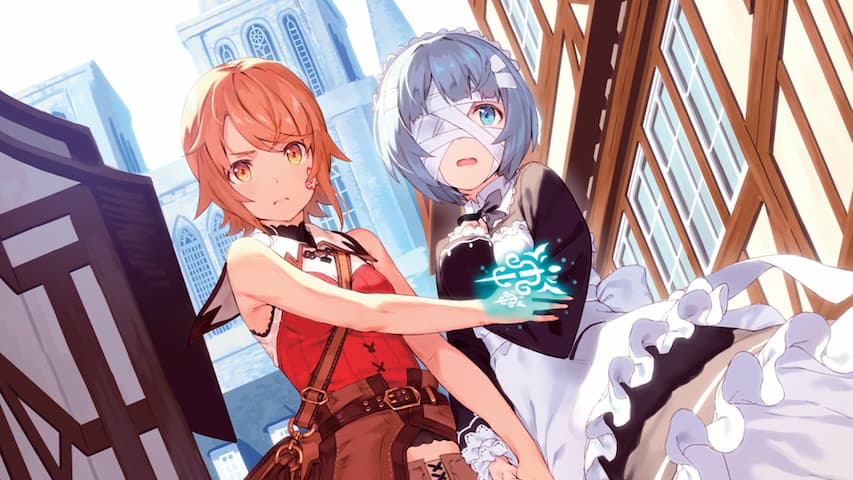
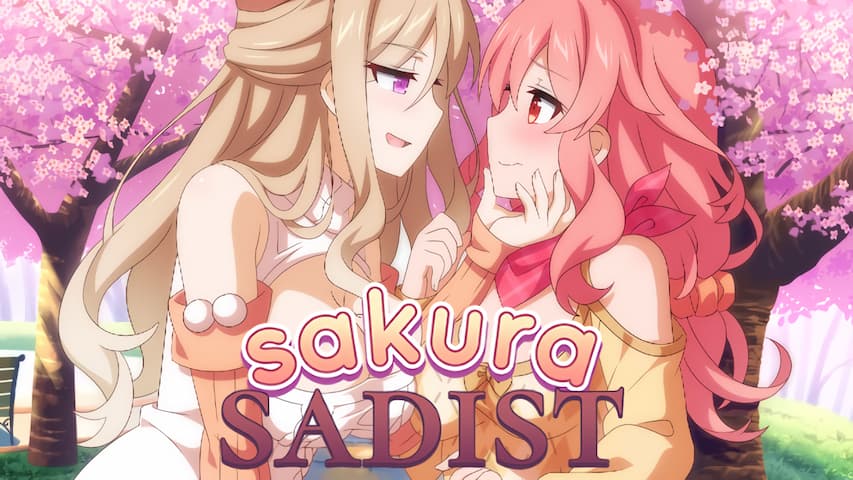
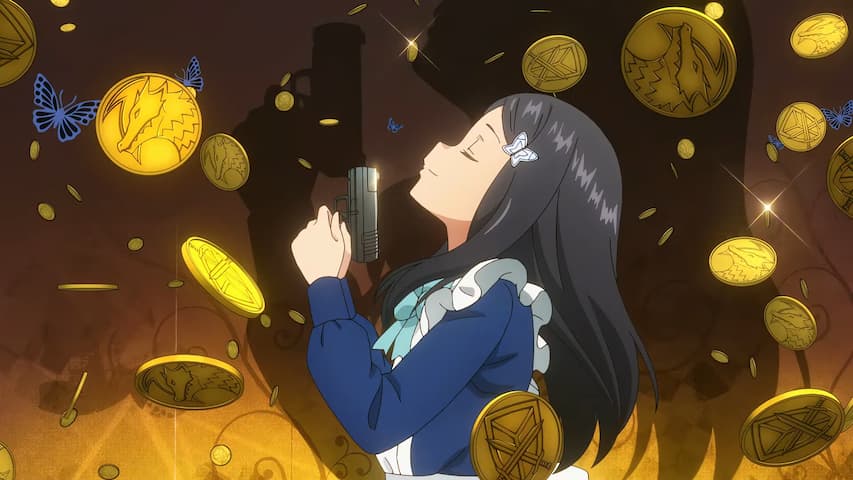
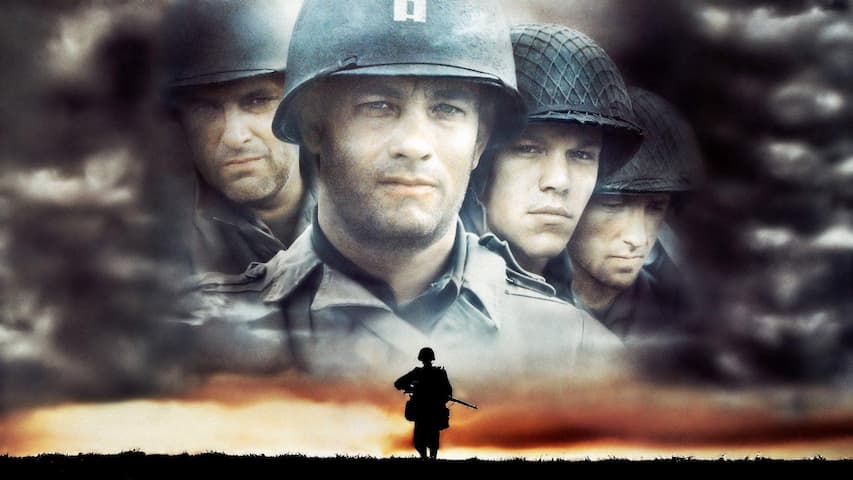
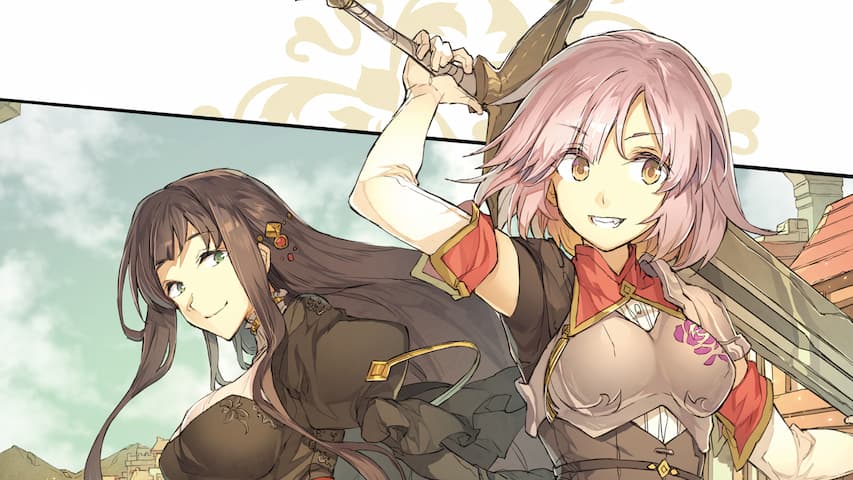

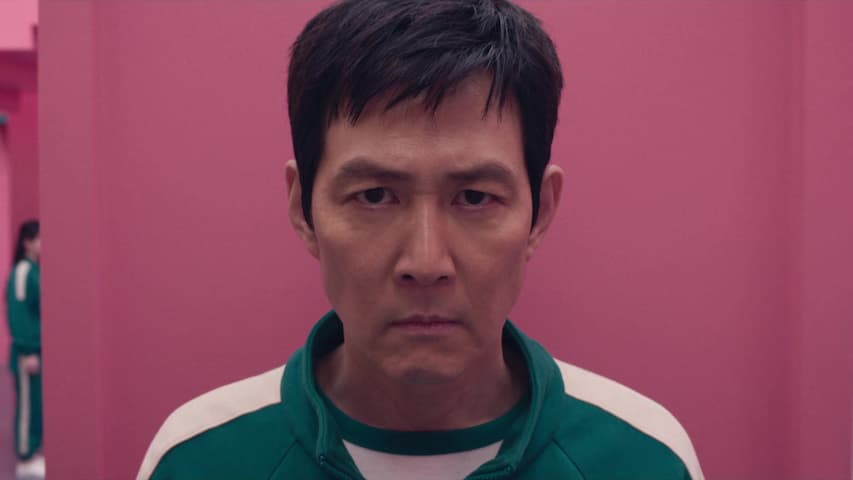
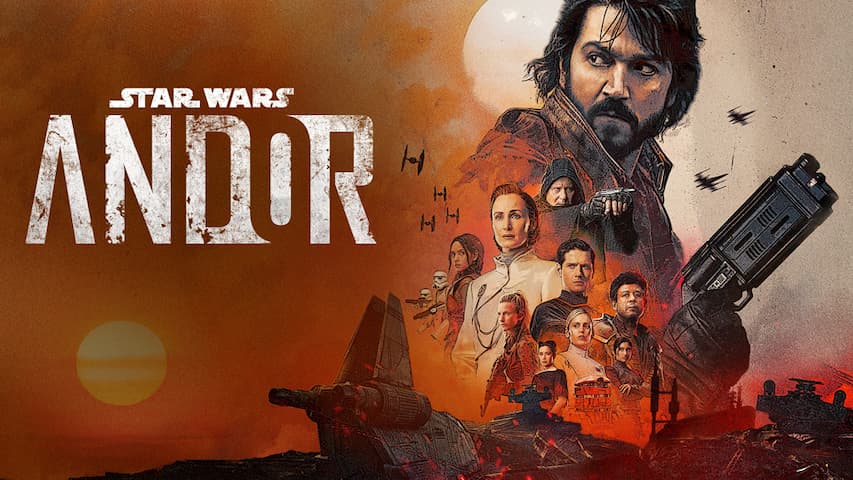
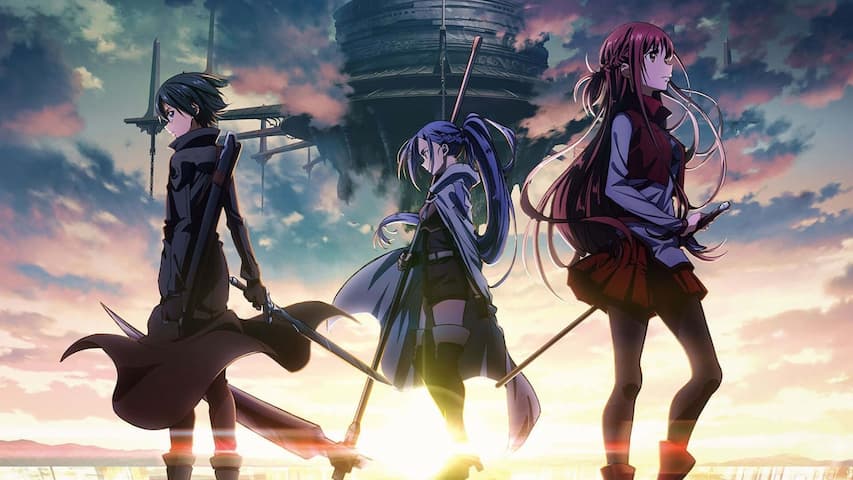
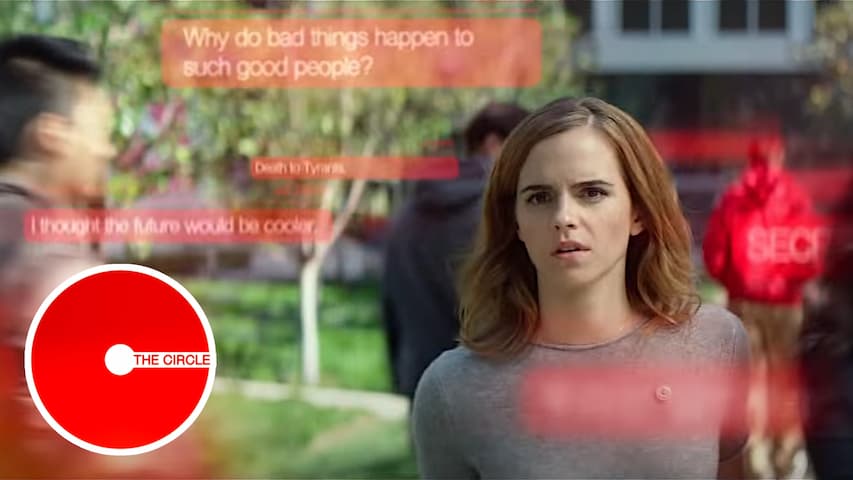
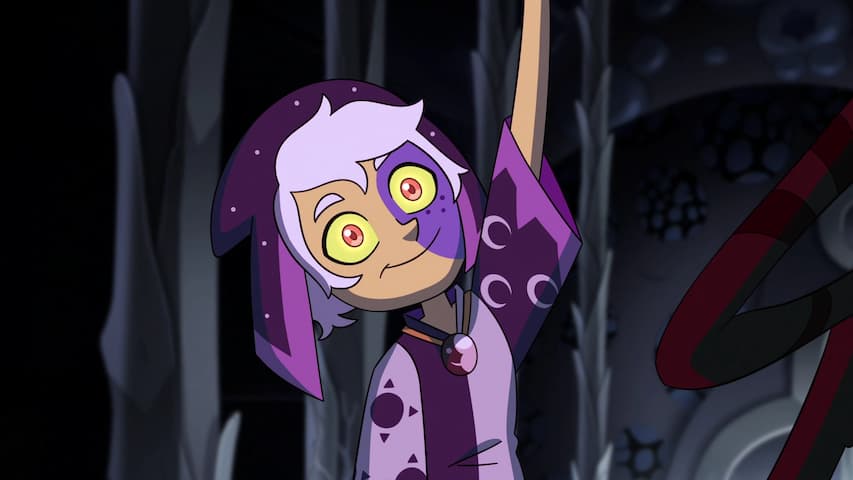
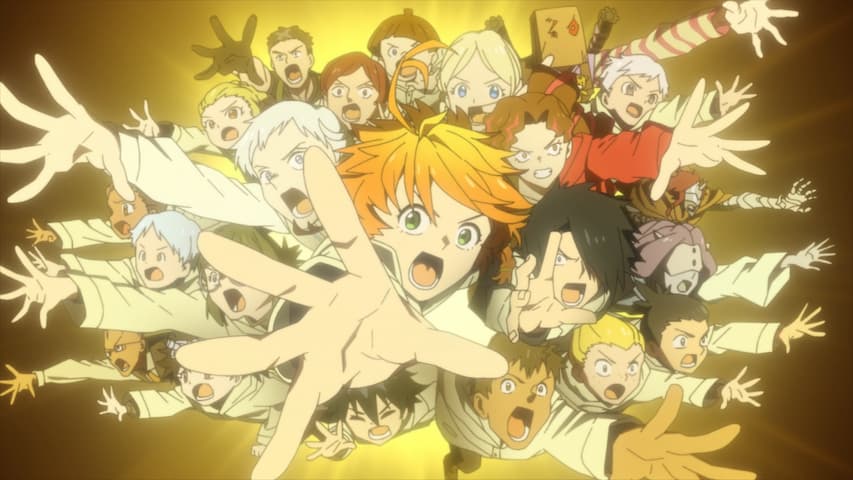
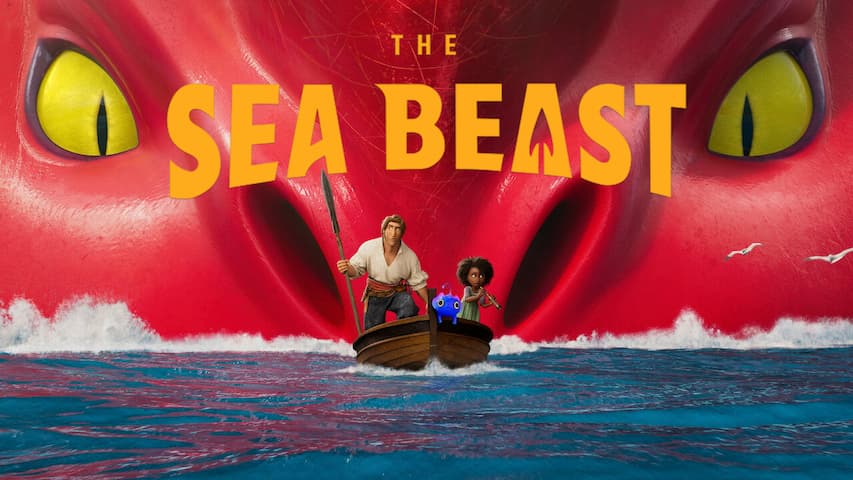
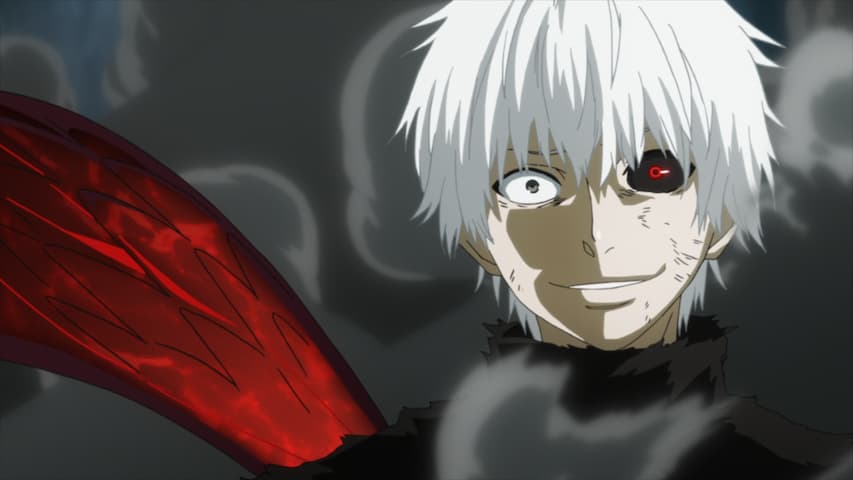

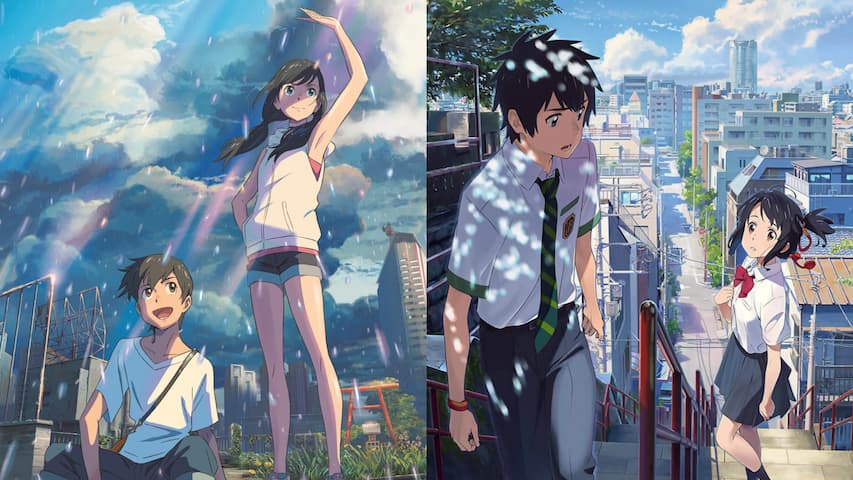
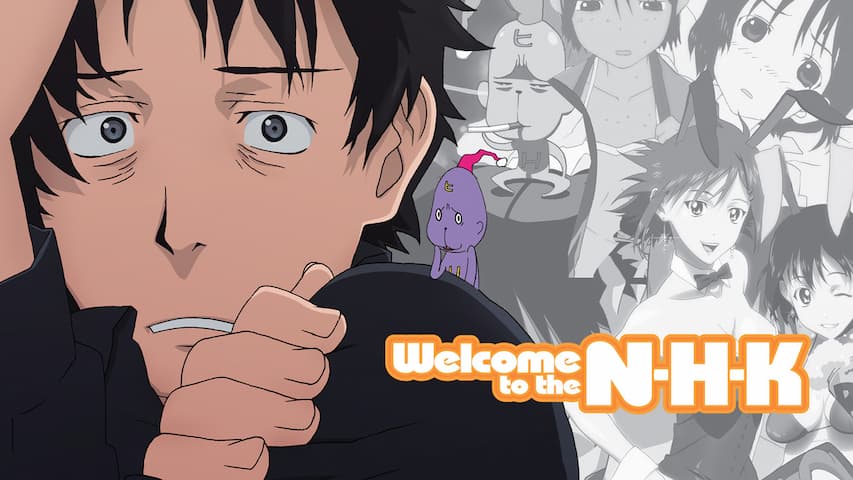

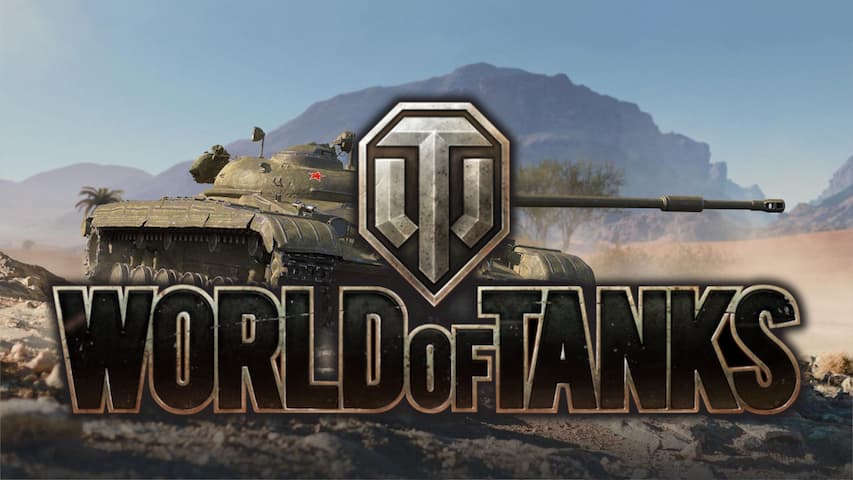

Recent Posts
2583 Words | February 8, 2026
2716 Words | December 28, 2025
3211 Words | December 12, 2025
1515 Words | October 30, 2025
7804 Words | October 3, 2025
